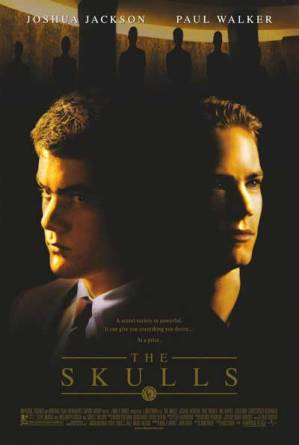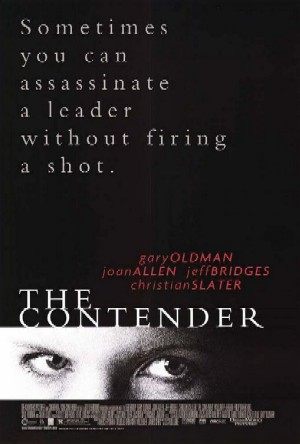As a part of my continuing effort to get caught up with reviewing all of the movies that I’ve seen this year, here’s two courtroom dramas that I recently caught on This TV.

- Suspect
- Released in 1987
- Directed by Peter Yates
- Starring Cher, Dennis Quaid, Liam Neeson, John Mahoney, Joe Mantegna, Philip Bosco, Fred Melamed, Bernie McInerney, Bill Cobbs, Richard Gant, Jim Walton, Michael Beach, Ralph Cosham, Djanet Sears
Suspect is a hilariously dumb movie. How dumb is it? Let me count the ways.
First off, Cher plays a highly successful if rather stressed public defender. And don’t get me wrong. It’s not that Cher is a bad actress or anything. She’s actually pretty good when she’s playing Cher. But, in this movie, she’s playing someone who managed to graduate from law school and pass the DC bar.
Secondly, Cher is assigned to defend a homeless man when he’s accused of murdering a clerk who works for the Justice Department. The homeless man is deaf and mute, which isn’t funny. What is funny is when he gets a shave and a shower and he’s magically revealed to be a rather handsome and fresh-faced Liam Neeson. Liam doesn’t give a bad performance in the role. In fact, he probably gives the best performance in the film. But still, it’s hard to escape the fact that he’s Liam Neeson and he basically looks like he just arrived for a weekend at Cannes.
Third, during the trial, one of the jurors (Dennis Quaid) decides to investigate the case on his own. Cher even helps him do it, which is the type of thing that would get a real-life attorney disbarred. However, I guess Cher thinks that it’s worth the risk. I guess that’s the power of Dennis Quaid’s smile.
Fourth, the prosecuting attorney is played by Joe Mantegna and he gives such a good performance that you find yourself hoping that he wins the case.
Fifth, while it’s true that real-life attorneys are rarely as slick or well-dressed as they are portrayed in the movies, one would think that Cher would at least take off her leather jacket before cross-examining a witness.
Sixth, it’s not a spoiler to tell you that the homeless man is innocent. We know he’s innocent from the minute that we see he’s Liam Neeson. Liam only kills who people deserve it. The real murderer is revealed at the end of the film and it turns out to be the last person you would suspect, mostly because we haven’t been given any reason to suspect him. The ending is less of a twist and more an extended middle finger to any viewer actually trying to solve the damn mystery.
I usually enjoy a good courtroom drama but bad courtroom dramas put me to sleep. Guess which one Suspect was.

- 12 Angry Men
- Released 1997
- Directed by William Friedkin
- Starring Courtney B. Vance, Ossie Davis, George C. Scott, Armin Mueller-Stahl, Dorian Harewood, James Gandolfini, Tony Danza, Jack Lemmon, Hume Cronyn, Mykelti Williamson, Edward James Olmos, William Petersen, Mary McDonnell, Tyrees Allen, Douglas Spain
The 12 Angry Men are back!
Well, no, not actually. This is a remake of the classic 1957 film and it was produced for Showtime. It’s updated in that not all of the jurors are white and bigoted Juror #10 (Mykelti Williamson) is now a member of the Nation of Islam. Otherwise, it’s the same script, with Juror #8 (Jack Lemmon) trying to convince the other jurors not to send a young man to Death Row while Juror #3 (George C. Scott) deals with his family issues.
I really wanted to like this production, as it had a strong cast and a strong director and it was a remake of one of my favorite films. Unfortunately, the remake just didn’t work for me. As good an actor as Jack Lemmon was, he just didn’t project the same moral authority as Henry Fonda did the original. If Fonda seemed to be the voice of truth and integrity, Lemmon just came across like an old man who had too much time on his hands. Without Fonda’s moral certitude, 12 Angry Men simply becomes a story about how 12 men acquitted a boy of murder because they assumed that a woman would be too vain to wear her glasses to court. The brilliance of the original is that it keeps you from dwelling on the fact that the accused was probably guilty. The remake, however, feels like almost an argument for abandoning the jury system.





